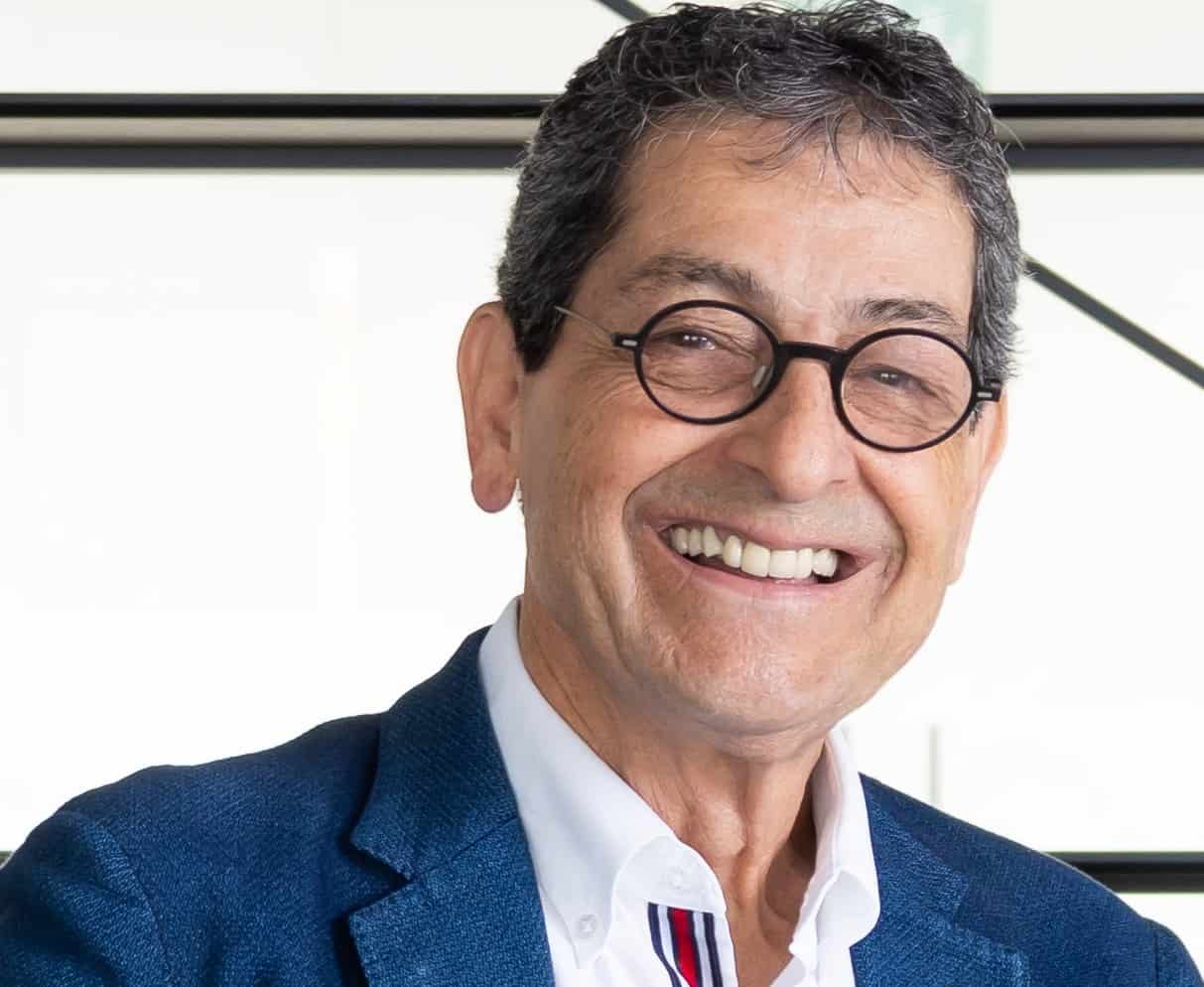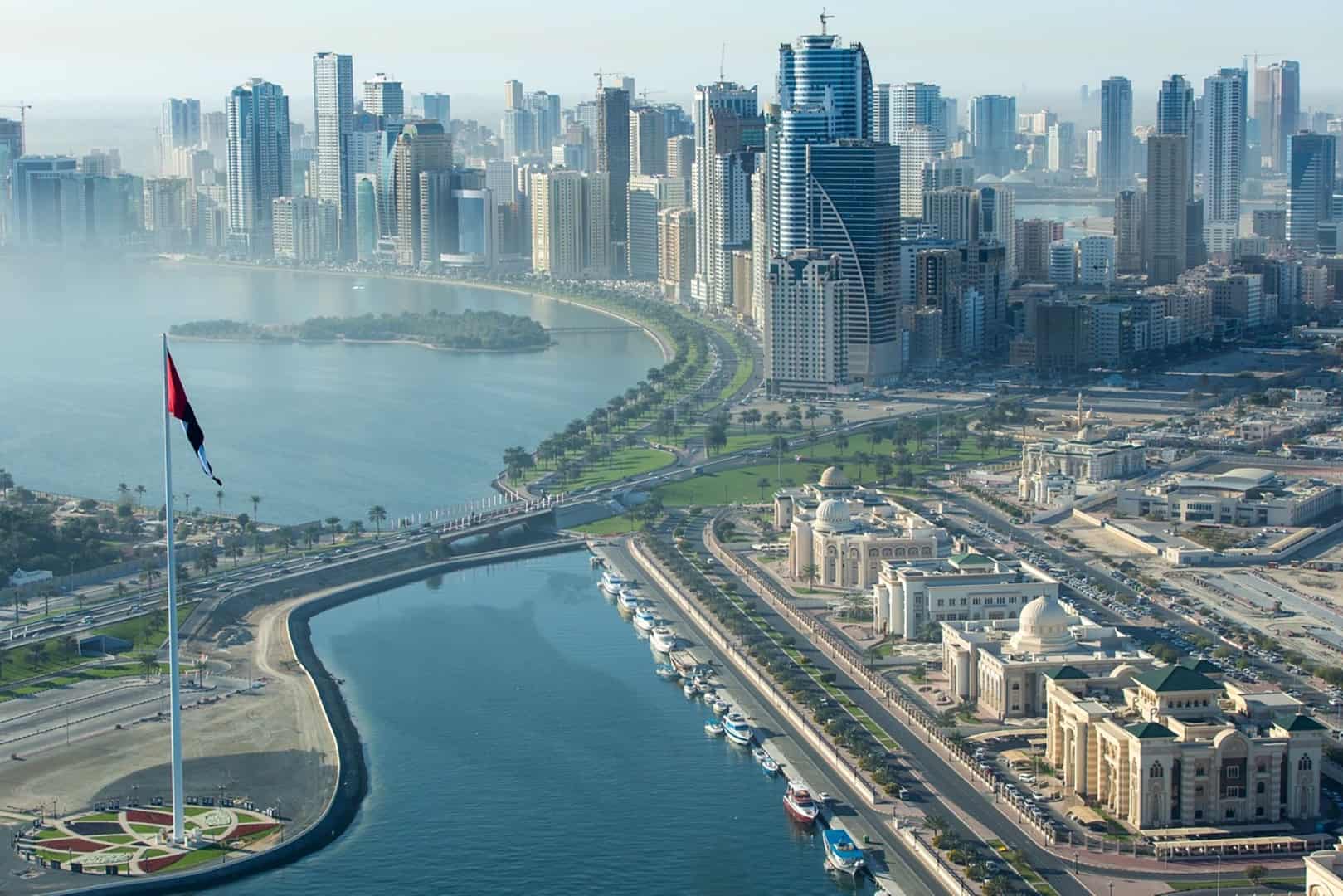With the rising interest in sustainability across the sectors, GCC real estate developers are turning towards sustainable materials and building smart cities, according to experts.
The cost of constructing green buildings has increased by five percent over its previous levels in the UAE as material prices are on the higher side globally and supplies are poorly shipped to some countries, mainly affecting the ones that don’t own enough building resources, they said.
Latest figures suggest that the UAE iron prices fell significantly in 2022 against the year earlier, while steel prices rose. Similarly, grate and brick prices rose by 12 percent, while roofing materials rose by a whopping 22 percent. The cost of electricity cables rose by 21 percent and the price of glass by about 13 percent. The price of natural stone increased by about 9 percent, the latest reports point out.

“The complexity of the Covid pandemic and significant supply chain challenges have led to an increase in material prices around the world, said Nizam Abdul Baki, Co-Founder and Managing Partner of Purity.
“GCC countries specifically have to mitigate these occurrences by either resourcing alternatives from neighboring countries or by securing the ability to produce required materials within their conglomerate,” he added.
Green building and sustainability
Environmental engineers are constantly developing new efficiency-enhancing innovations that can reduce building emissions in response to the growing demand for a smaller carbon footprint and the boom in lower utility bills.
Talking about green materials, Abdul Baki considers that “they improve the buildings’ structures’ sustainability and efficiency in terms of design, construction, maintenance, and renovation.”
Future construction and building trends will include using green materials due to rising awareness of environment-friendly construction practices and building standards and regulations requirements, he said.
Many companies, including Purity, had a challenging year in 2021 due to the pandemic. As a result, several high-end projects have been put on hold or delayed.
“However, in 2021, Purity returned with enthusiasm, opening Jumeirah showroom,” Abdul Baki highlighted, adding that the showroom showcases kitchen, indoor and outdoor furniture. While the 3d PURITY showroom showcases bathrooms and bathroom accessories.
Purity, which plans to grow beyond the UAE, eyes Saudi Arabia’s market that has set ambitious goals for 2030 that include innovative property developments.








